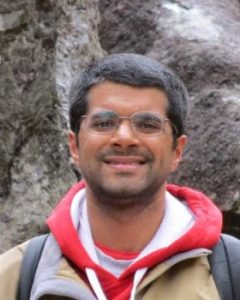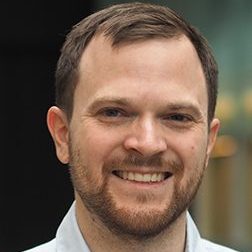
Sixteen projects — including two from Physics — have been selected for funding in the second round of Research Forward, a program to stimulate innovative and groundbreaking research at UW–Madison that is collaborative, multidisciplinary and potentially transformative.
The winning projects were chosen from 96 proposals submitted by applicants across campus. The Research Forward initiative is sponsored by the Office of the Vice Chancellor for Research and Graduate Education and is supported by the Wisconsin Alumni Research Foundation, which provides funding for one or two years, depending on the needs and scope of the project. Some of the projects that have been funded have the potential to fundamentally transform a field of study.

The Research Forward initiative is sponsored by the Office of the Vice Chancellor for Research and Graduate Education and is supported by the Wisconsin Alumni Research Foundation, which provides funding for one or two years, depending on the needs and scope of the project. Some of the projects that have been funded have the potential to fundamentally transform a field of study.
“Research Forward encourages collaboration among campus PIs, enhances PhD student and postdoc training, and strengthens our external grant funding requests,” says Steve Ackerman, vice chancellor for research and graduate education. “The projects we selected are truly forward-looking and use innovative approaches and tools such as state-of-the-art machine learning methods, 3D printing techniques and geostationary satellites.”
The Physics projects are:
- Multiscale Photonic Structures for Complete Opto-Electronic Control of Light, Victor Brar, assistant professor of physics. This project will lead to creation of a crucial electrical component for holographic displays, high-resolution biomedical imaging, and laser-based range finders valuable for self-driving cars.
- Reconstructing the Big Bang with Physics-Guided Machine Learning, Moritz Muenchmeyer, assistant professor of physics. Physicists and computer scientists will develop a new technique to look back in time and reconstruct what happened at the Big Bang, aided by recent developments in machine learning. Gary Shiu is a co-PI of this award.